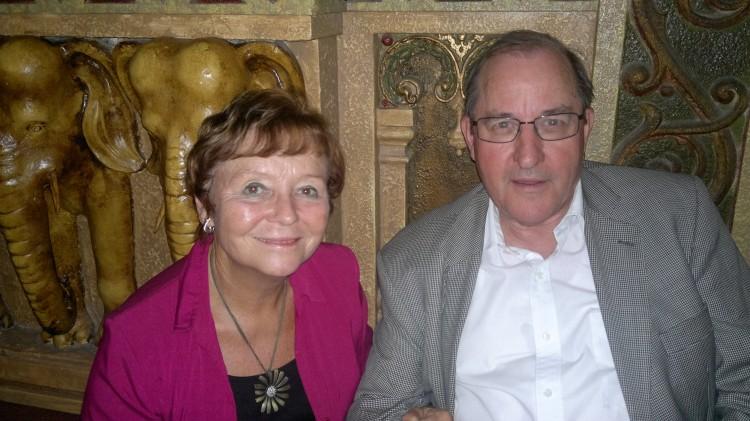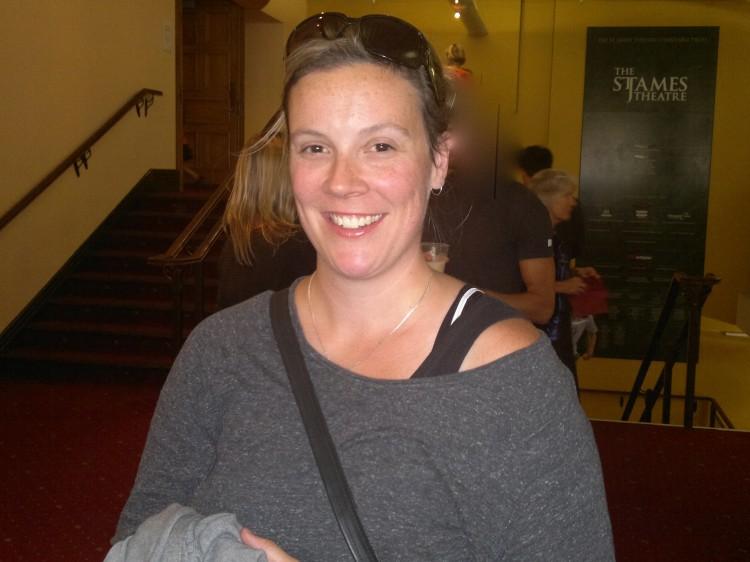AUCKLAND—Homelessness is growing in New Zealand but just how big it is we have no idea, say the agencies that support the individuals and families who are struggling to find a place in society.
People sleeping on the streets, families living in garages and cars, or who are forced to live with other families or strangers in overcrowded, squalid and unsafe conditions are all homeless.
Corie Haddock, service manager for social service agency, Lifewise, says that a request for an enquiry into homelessness by the Coalition to End Homelessness is languishing with the Social Services Select Committee because of the lack of government support.
Because most homeless people are ‘invisible’, it is impossible to calculate the size of the problem he says.
A 2001 survey of the homeless in the State of Victoria, Australia, counted over 23,000 homeless people in a population of 4,800,000 (Counting the Homeless 2001 report). New Zealand’s population today is 4,360,000.
Homelessness among young people is also rising. “There is a direct connection between ... underage homelessness and prostitution,' says Mr Haddock.
It has even become a problem in regional towns–Wanganui, Timaru, Gisborne and Hamilton.
“I just think we are losing the battle,” says David Zussman, trust executive, Monte Cecilia Housing Trust, an agency that provides emergency housing in South Auckland and Waitakere.
“We just can’t keep up with demand and what worries me is we are not tackling the root causes of the problem.”
It is disempowering for families not to have decent housing, says Mr Zussman.
“Housing New Zealand have fewer and fewer houses—what it means is that emergency providers like ourselves—we find it hard to move our clients through.”
He says they are ‘obsessed’ by the lack of resources.
“It’s really—there’s no prevention going on, there’s no dialogue, there’s no leadership, there’s no vision.”
Mr Haddock agrees and says that homeless people are ‘bouncing’ from one service to another,
“Whether it is in regards to connection with police, court services, hospital services... there is all this money being spent to address their actions and behaviours but what is happening—they just continue to be homeless.”
By working in collaboration with other services, agencies could focus on taking the homeless off the street and helping them to address the underlying problems. The cost will be higher short term but there will be savings in the long run, says Mr Haddock.
People sleeping on the streets, families living in garages and cars, or who are forced to live with other families or strangers in overcrowded, squalid and unsafe conditions are all homeless.
Corie Haddock, service manager for social service agency, Lifewise, says that a request for an enquiry into homelessness by the Coalition to End Homelessness is languishing with the Social Services Select Committee because of the lack of government support.
Because most homeless people are ‘invisible’, it is impossible to calculate the size of the problem he says.
A 2001 survey of the homeless in the State of Victoria, Australia, counted over 23,000 homeless people in a population of 4,800,000 (Counting the Homeless 2001 report). New Zealand’s population today is 4,360,000.
Homelessness among young people is also rising. “There is a direct connection between ... underage homelessness and prostitution,' says Mr Haddock.
It has even become a problem in regional towns–Wanganui, Timaru, Gisborne and Hamilton.
“I just think we are losing the battle,” says David Zussman, trust executive, Monte Cecilia Housing Trust, an agency that provides emergency housing in South Auckland and Waitakere.
“We just can’t keep up with demand and what worries me is we are not tackling the root causes of the problem.”
It is disempowering for families not to have decent housing, says Mr Zussman.
“Housing New Zealand have fewer and fewer houses—what it means is that emergency providers like ourselves—we find it hard to move our clients through.”
He says they are ‘obsessed’ by the lack of resources.
“It’s really—there’s no prevention going on, there’s no dialogue, there’s no leadership, there’s no vision.”
Mr Haddock agrees and says that homeless people are ‘bouncing’ from one service to another,
“Whether it is in regards to connection with police, court services, hospital services... there is all this money being spent to address their actions and behaviours but what is happening—they just continue to be homeless.”
By working in collaboration with other services, agencies could focus on taking the homeless off the street and helping them to address the underlying problems. The cost will be higher short term but there will be savings in the long run, says Mr Haddock.





